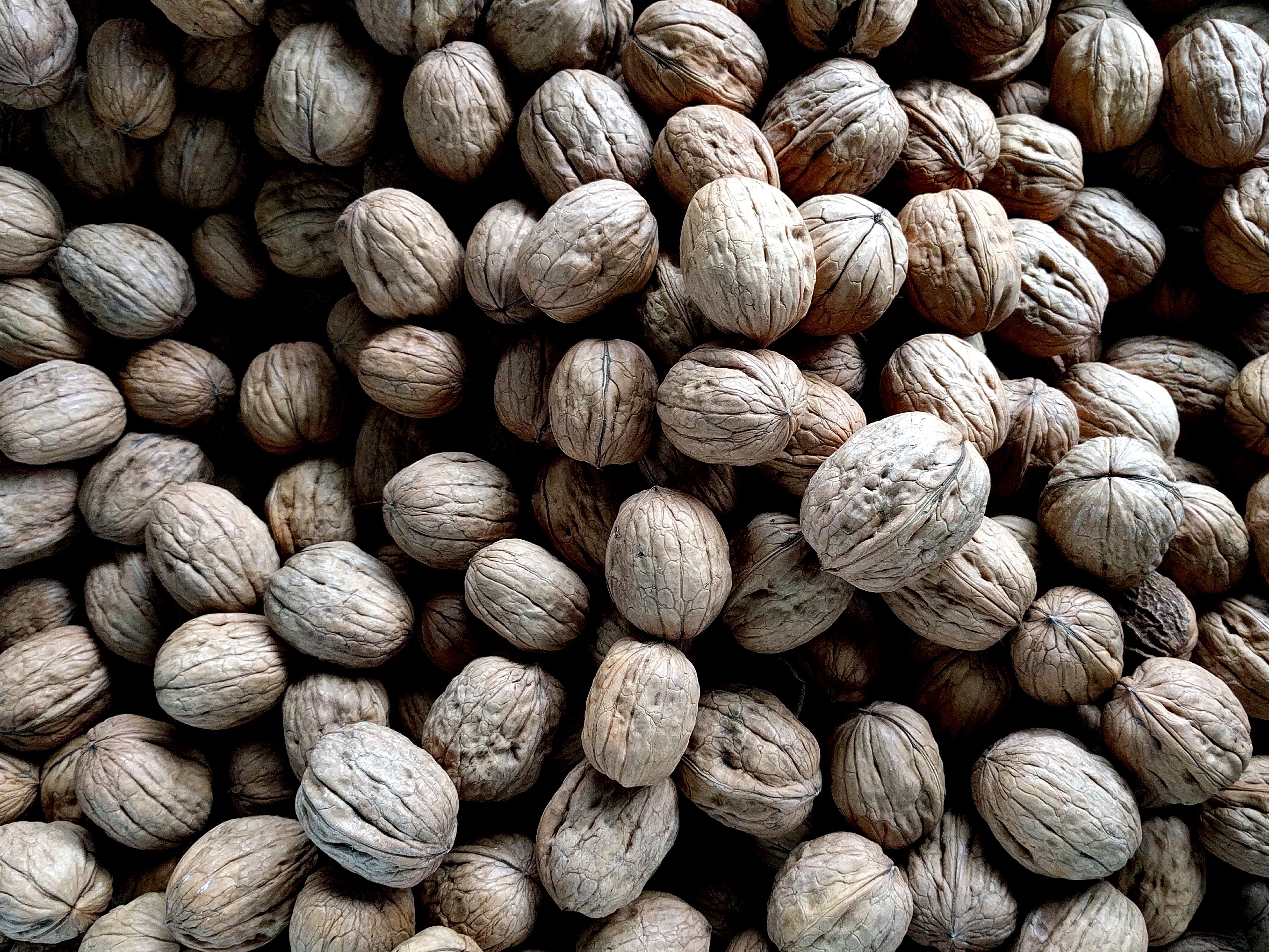Healthy Fat is one of the most pervasive and popular topics in modern nutrition.
For those that may not know, the term generally refers to foods that are high in unsaturated varieties of dietary fat that tend to be derived from unprocessed plant-based sources. Examples of these foods include olive oil, avocados, peanut butter and pretty much any variety of nuts/seeds. Fatty fresh water fish (such as salmon/trout), which are rich in omega-3 fatty acids, are also generally included in the list.
The foods that are high in healthy fats also tend to be high in a variety of other important nutrients and are considered extremely valuable in the maintenance of good cardiovascular and overall health.
If you are even minimally engaged with health information online or via social media, you have probably heard this a thousand times before.
What usually gets lost in all of this messaging, however, is that it is possible to consume TOO MUCH of a good thing, particularly when it comes to foods high in dietary fat content.
Too Much Of A Good Thing?
Just because something is good for us, it does not mean that we can eat as much of it as we want.
That is what today’s article is all about.
There are a few important realities we have to consider:
- In Canada, over half of the adult population consumes more calories than they need.
- Foods high in any type of dietary fat tend to be very high in calories.
- Despite popular belief, stats show that we are actually more likely to consume fat, rather than carbohydrates, above the recommended ranges (known as the AMDRs).
So you can appreciate that we have a calorie & dietary fat management issue in our population.
Now, keep in mind that many of us are getting our dietary fat from sources like pizza, hamburgers, hot dogs and baked goods like cookies, cakes and doughnuts.
The first step that any individual should take is to cut down their consumption of those less helpful fats and replace them with healthy sources of fat.
But it doesn’t end there.
How Much “Healthy Fat” Are You Actually Eating?
Next time you serve yourself up some healthy fats, I want you to really take a closer at how much it is you use.
I see this problem in my weight management clients all the time….allow me to elaborate.
Caloric Value Of Common Sources of Healthy Fat
1 Handful of Nuts or Seeds – 100-200 calories
VS
As many nuts and seeds as you want until you are full? – Potentially 800+ calories
1 Large Avocado – 300 calories VS ½ Small Avocado – 75-100 calories
1 tbsp of Peanut Butter – 100 Calories
VS
Scooping out as much as you want with a knife? – Potentially 300-500+ calories.. or more.
1 tbsp of Olive Oil – 120 calories
VS
Liberally pouring Olive Oil on everything? – Who knows.
Hopefully the example above demonstrates exactly why an over indulgence of healthy fat can still be problematic, especially for those trying to manage their weight.
The average person simply does not have unlimited calories to work with.
Please understand I am not trying in any way to deter you from consuming these foods, you NEED to consume them, but instead I am encouraging moderation and thoughtfulness in your consumption patterns.
Bonus Content – The Olive Oil Conundrum
What I call the Olive Oil Conundrum really just ends up being an extension of the phenomenon that I’ve already described in this article.
We are told time and time again to consume olive oil because it contains heart healthy monounsaturated fats (which is true- it is great!) but did you know that oil is actually one of the highest food sources of calories in our diets that does not technically come from a food group?
I see it all the time in my clients, liberal use of oils in food dressing and preparation as a primary reason for weight management struggles.
People often think that, because it is considered a healthful food, that this justifies unchecked usage.
Take Home Message? Make a point of using no more than 2-3 tbsp of olive oil daily, you will probably be surprised by how much you use when you actually take a second to realize how little a single tbsp ends up being.
Final Thoughts
Although the over-consumption of healthy fats is not necessarily a true public health concern ( Health Canada & The FDA probably wish they had this problem..), it is certainly a niche topic worth addressing.
It also makes for an insightful read and that will be of value to some readers.
Just remember that healthy sources of fat are critical components of your diet and contribute a great deal to your overall health, but that still does not mean you can eat as much as you want.
As with all things, moderation is critical.
Until next time,
Andy De Santis RD MPH



